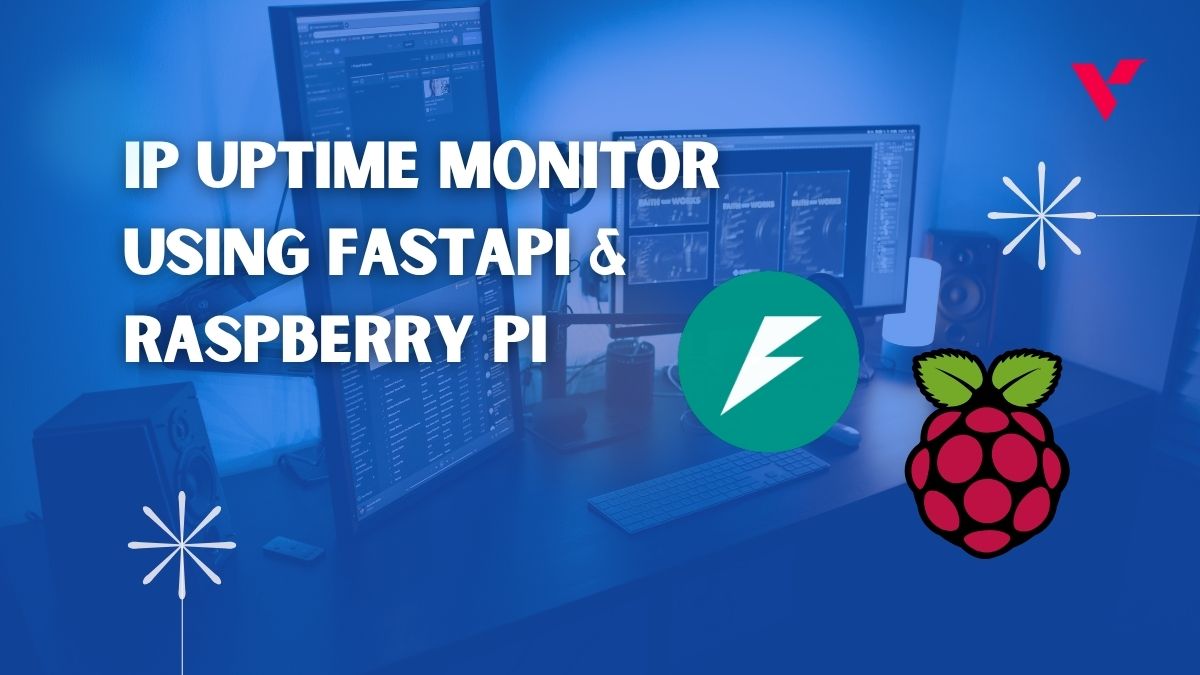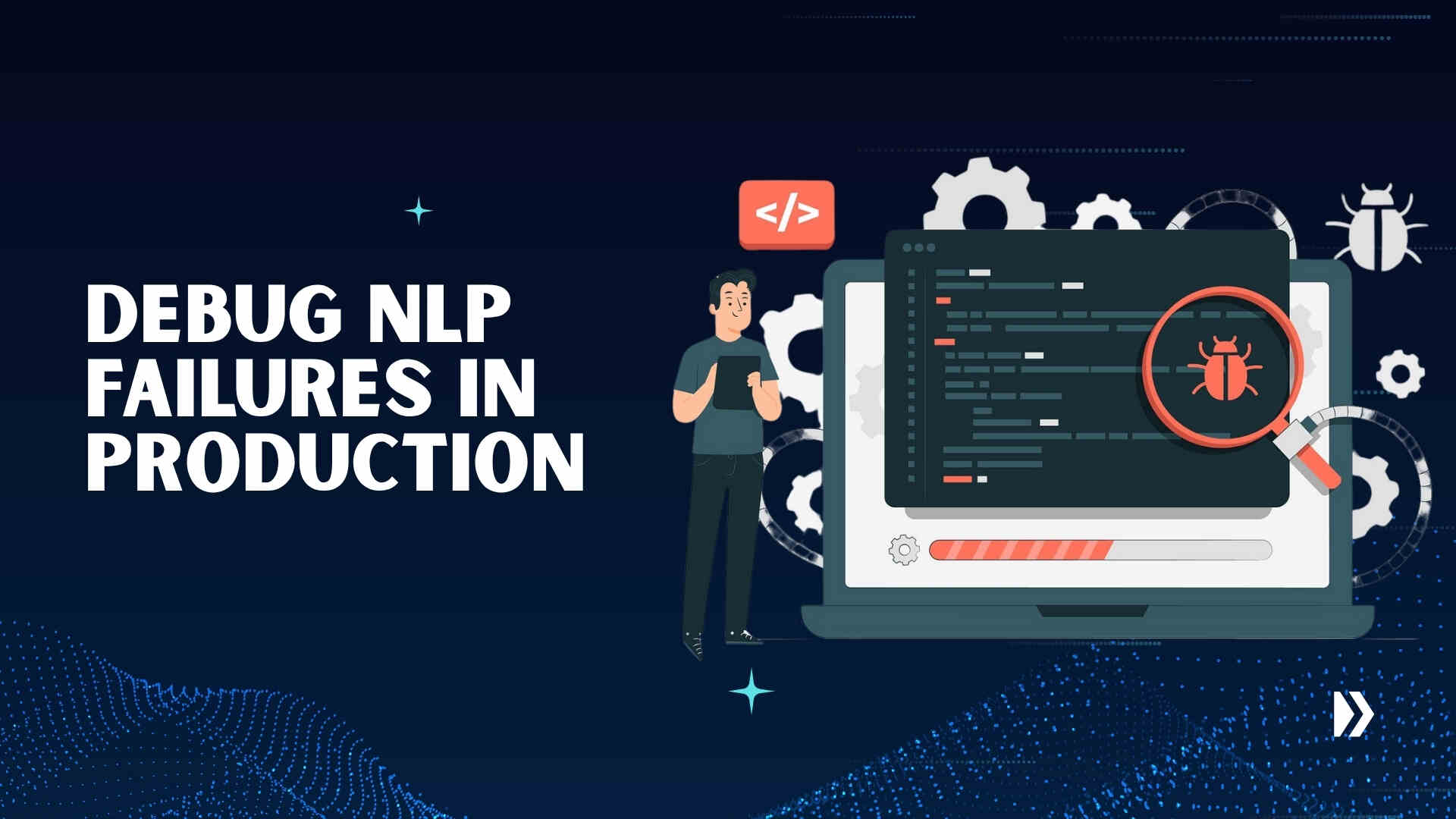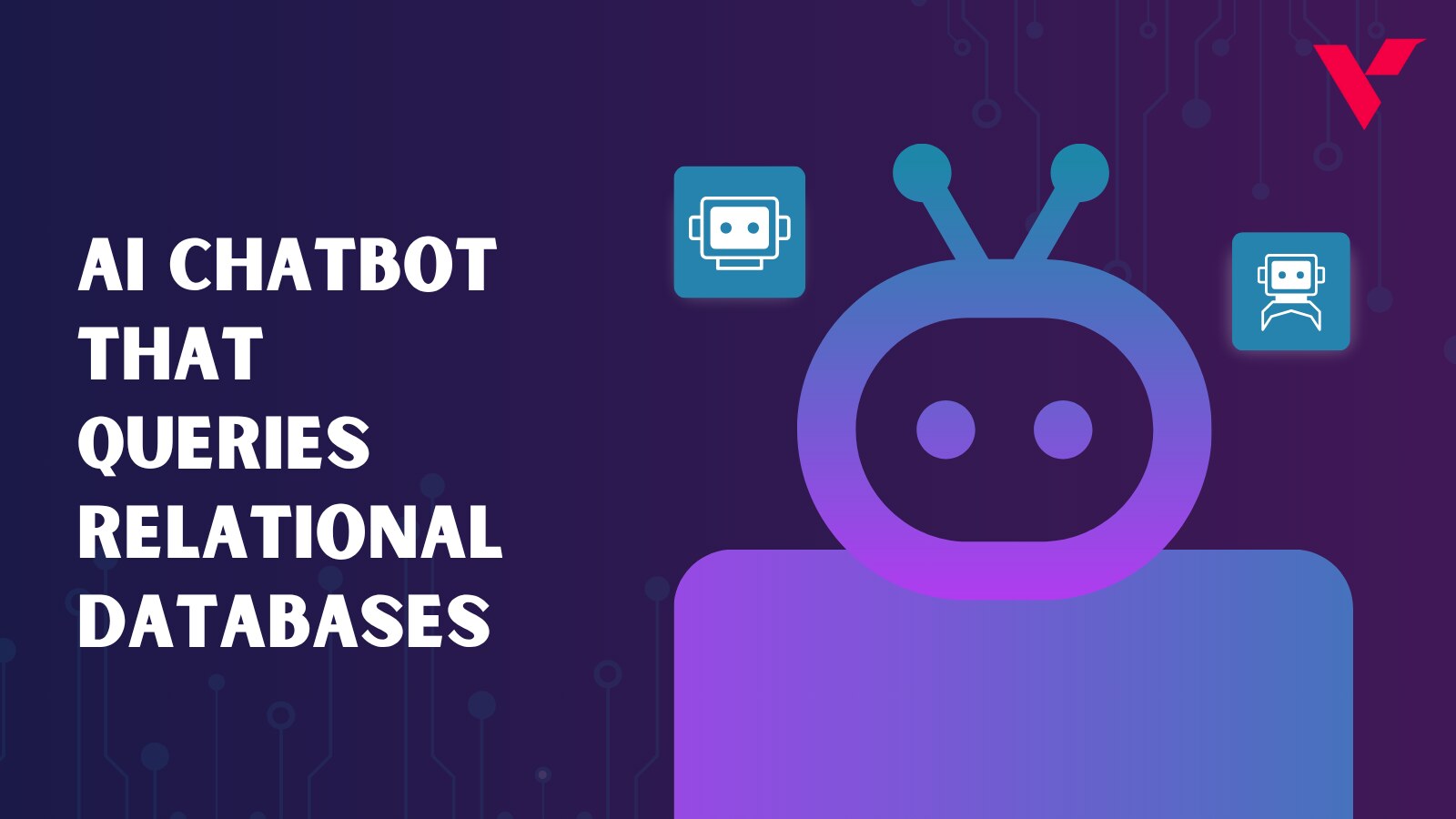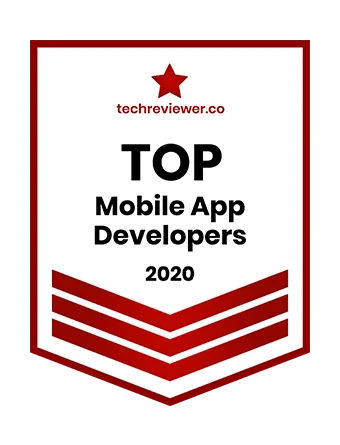In the digital age, Startups and their success is heavily tied to the kind of philosophy and approach they have to their business processes such as app development.
From simple processes to overturning conventional norms of app developments, startups are by nature more open to innovation. Startups can implement modern techniques from the very start to make sure that their product speaks of its high-quality standards.
For startups looking to improve their app development process – Wire-framing, automation, and introducing DevOps are some of the most trending techniques that can help them achieve this goal.
Table of Contents
Let’s take a look at how startups can improve their app development process in detail:
#1. Wireframing
Before you jump-in and start designing and developing your mobile app, Wire-framing has to be a crucial part of your app development process.
WireFraming is a kind of blueprint to your mobile app’s design. It is a rough schematic that guides your design process and saves your design team a lot of time by eliminating the possibility of making numerous errors.
One platform that can help you improve your app development and design process is Balsamiq. It is a low-fidelity wireframing tool that allows your team to create a rough visual of what they want the mobile app to look like before they enter the start working on the UI.
This allows them to gain feedback, assess their vision for the UI, and collaborate with the team to come up with the best UI design to improve the user-experience and the overall quality of the mobile application.
#2. Adopting The Lean Methodology
The lean methodology is a scientific way to validate your product by introducing it to a select audience early in its development.
The first step is to build a Minimum Viable Product (MVP) through agile development that focuses on iterative product development for constant customer feedback.
In lean methodology, instead of focusing on creating a product that you think your target market wants and perfecting it before release, you release a product to the market in its minimum viability and gather customer response.
Is the app providing the kind of value customers want? Is it solving a problem that the customers think it should be solving? What features are garnering more interaction and engagement and which features are not as important to the success of the app as you initially thought?
These are only some of the questions that you can find answers to by releasing an early prototype of your product. This does two things:
- It helps you identify if your product is something that the market needs
- What is the best use case for your app according to your target audience?
By getting these answers your team can make necessary changes to the scope of the mobile app early in the development process, rather than creating the entire mobile app and then realizing that the users don’t want to use it.
So, instead of scrapping the entire app and beginning from the start, you can make iterative changes and validate those rapidly.
This is the core application of the lean methodology, which has empowered a lot of successful mobile apps that you may know as industry leaders today, one such example is Dropbox.
Through this methodology, by the time you release your final product, you can validate each and every feature, optimize it according to the needs of your audience through data gathered from them, instead of your team making assumptions.
This improves the quality of your final product, validates it during production, and is more likely to generate traffic, engagement, and active users when you launch it to the market.
#3. Automated Testing
As an app developer, you would want your mobile app to be complete bug free, but that is easier said than done especially if you’re relying on manual testing.
Automated Testing software such as Selenium and Appium are great testing tools that can help you automate difficult and repetitive tasks in the testing phase. It helps increase the speed of testing, reduces the number of test cases to be run manually, and improve the ROI of testing an app itself.
This helps your team to diagnose any and all bugs and possible crashes before launching the app and fix them in a timely manner.
At the end of the day, this saves time and resources which means that your team can focus more on creating a truly viable product that provides genuine value to your target audience, rather than being fixated on mundane testing tasks.
#4. Introducing DevOps to Your Team
The conventional philosophy within the app development industry has dictated that the development team and the operations team are to be separated, with different set of tasks and responsibilities.
While on one hand, the development team writes the code, the operation team is the one that is responsible for the testing and deployment functions.
DevOps is the modern approach to app development that focuses on sharing duties and responsibilities between these two teams. It emphasizes on what we’ve talked about earlier in the article – agile development and automated testing. In DevOps both the operations and development teams work together to write the code and test it on the spot for immediate bug fixing, and quick development.
Through this methodology, your app development cycle or production cycle is not only streamlined but also significantly shortened. This strategy comes into effect as a result of development teams using Artificial Intelligence for testing, and deployment.
There are 2 main ways that DevOps can help upgrade your mobile app development.
A. DevOps Shortens the Feedback loop for development
Mobile app developers are always working under the pressure of releasing products quickly, while maintaining a high standard in production. The product development cycle is all about innovation, and timely delivery.
One of the key benefits of DevOps is that in the modern world where there’s always competition, a shorter feedback loop due to the collaboration of the development and operations team makes the process much faster. This is possible because in DevOps you can quickly run tests on a code as soon as it is written and provide feedback to the developer.
This means that no sub-optimal code is ever integrated into the final version of the app, which elongates the development cycle, sometimes by days.
This makes your app development process faster, and bug fixing much quicker. This shortens the timeline of product delivery and provides a competitive advantage to you over your competitors.
B. Merging Development and Operations lead to better product quality
The role of the operations team is crucial for the optimization of an app, especially in regards to the user experience.
The operations team is tasked with designing the deployment infrastructure of an application. This requires the team to have a solid understanding of the CPU and GPU requirements, depending the overall number of users.
The operations team also has to decide the number of servers that must be dedicated to the app as well as network and memory requirements. The reason why this elimination of separation between the teams is so crucial is because the code quality of an app can significantly affect the optimization of the infrastructure.
If a code is not well-written, it could result in the server requirements going up from 5 to 20(an exaggeration, but you get the point). This increases the cost of app development, makes it harder for the team to support the app on the server-side, and results in either a delay in the apps launch or reduce its performance quality.
So if you want to upgrade your app development, then merging the development and operations team is a crucial step in achieving that goal. It makes sure that the teams understand each other’s responsibilities, limitations, and requirements.
It pushes them to collaborate and streamlines the process to ensure that the coding and infrastructure design are both optimal and can efficiently work to produce a mobile app that is high-quality.
#5. Invest in a Containerization Ecosystem
If you’re already looking to introduce DevOps practices to your app development, then containerization is the next best step for your startup.
So what is Containerization? Containerization is a virtualization method that allows developers to bundle an application with all of its configuration files and libraries and required for it to run in a completely bug-free way across different computing environments. The most popular containerization ecosystems are Kubernetes and Docker.
Containerization is a lightweight substitute to virtual machines. It allows developers to run and deploy distributed applications without launching an entire VM for each of the applications. These containers utilize cloud instances, virtual machines, and bare-metal systems to work on multiple Operating Systems.
For startups, adopting containerization is perhaps the gateway to the future of mobile app development. Containerization helps secure your process from hardware failures, makes it easier for a team to work collaboratively, and shorten production and testing cycles for your app.
In 2018, the acquisition of Red Hat for $34 Billion by IBM announced not only the largest acquisition of a software in the history but also confirmed the belief that for industry leaders, containerization is the way forward.
#6. Transition towards modern languages
A. Kotlin
Kotlin is Google’s preferred language for Android App development. Google announced in 2019, that they will be transitioning towards a Kotlin-first model for android support. It is a cross-platform development language that is completely interoperable with Java.
It is statically typed, general purpose programming language that is based on a type interface. It is more concise, interoperable, and comes with inherent null safety and automation.
Kotlin’s concise nature of code helps reduce the overall project timeline, makes bug reporting and fixing easier, and helps developers make better overall products.
Though not all developers or app development companies have transitioned to Kotlin, Chet Hasse, the chief advocate for Android had this to say about Kotlin. “We understand that not everybody is on Kotlin right now, but we believe that you should get there”.
For the future, startups should start focusing on modern languages to improve their mobile app development process, and app quality.
B. Swift
Released in 2014, at the Word Wide Developers Conference(WWDC), Swift is a programming language designed by Apple for iOS app development and development on other Apple platforms such as MacOS and IpadOS.
Swift works with Apple’s Cocoa and Cocoa Touch Frameworks and supports a significant part of existing of Objective-C code.
Swift is modern and comes with a lot of imporvements for iOS development in comparison to Objective-C.
It requires single-file maintenance and allows concise coding for developers. One particular aspect of Swift that makes it the language for the future is its support for dynamic libraries, something that Objective-C doesn’t allow.
In its syntax, Swift is more English like and eliminates the need of using symbols and parentheses while coding.
Similar to Kotlin, Swift hasn’t yet been integrated across the iOS app development community with a large number of developers still tilting in favor of Objective-C, largely due to their familiarity.
But Swift is future-oriented and helps iOS app developers build better applications. For businesses looking to stay competitive, integrating swift within their app development process can help reduce cost, improve quality, and stay competitive in an industry that is going through a wild technological evolution.
#7. Startups and the future of App Development
In the tech industry, for startups to find success, it is crucial for them to keep adapting to the ever-evolving technological trends of the industry.
The digital landscape is highly competitive, providing users with a lot of second options to your company, which means that the kind of technology you use will determine the user experience and even small lacking could hurt your business from achieving scalability and growth.
Integrating DevOps, investing in modern technologies and languages is the best way forward in the mobile app development industry and delaying is not an option.
If your startup is not up-to-date with these trends, investing in training your resources to transition is perhaps the best strategy forward, which will help you to improve your app development process.




















